She has several previous posts and they are all interesting. Check them out: #1 YA in the Middle School Classroom #2 When We Love Books; Writers Are Our Rock Stars: Why Author Visits Matter #3 Revisiting the Classics I Never Visited in The First Place by Katie Sluiter. I hope you check them out and then read what Katie has to say this time around.
Moving to Sameness: Climate Change through the Lens of The Giver by Katie Sluiter
But I also teach full-class novels. I do this because it’s expected of me in my district, but likewise because I enjoy sharing a text with all my classes. Like a giant book club, some will fall in love with the book, but for some the book won’t be their favorite. But what I love best is the discussion about all the other “stuff” that comes up when reading a novel together.
The Giver is a doorway to many conversations about contemporary society including what equality looks like, what the role of a government should be, and what the overall meaning of being human is. This past school year, I decided to take a different path and connect The Giver to our world’s current climate crisis.
Before even starting the book, we began by defining the word “dystopia.” Every one of my students has either read a dystopian novel or seen a dystopian film. We discussed what similarities they have that might contribute to what a dystopia is. Repeatedly, students brought up the environment/setting as being “dark,” “ruined,” “post apocalyptic,” and “dead-feeling.”
As we began reading, we started searching for evidence of why The Giver is listed under the dystopia genre. At the same time, we began reading articles about the difference between “climate” and “weather” which also allowed us to discuss the idea of precision of language that is repeated in the novel.
- Are dystopias the natural consequence of utopias?
- How do our memories give us knowledge?
- Are there some choices that are too important/risky for us to make for ourselves?
- How are minds changed about a rule or law?
- What can we do if we don’t agree with a rule or decision?
Students then work together on investigating current and past climate and pollution crises and how they have been mitigated--if they have at all. Later in the school year, our 8th grade team does a persuasive writing unit, and many students choose to revisit their work and research from The Giver as they craft letters to politicians about concerns they have as the next generation to inherit the current global and societal issues.
Ship Breaker by Paolo Bacigalupi
Here is the Kirkus Review. (From Steve: I loved this one. It is so solid.)
Flush by Carl Hiaasen
Here is the Kirkus Review. (From Steve: I love the humor that Hiaasen provide. His middle grades books make me chuckle. I still love reading his adult offerings.)
Carbon Diaries by Staci Lloyd
Here is the Kirkus Review. (From Steve: I think Lloyd's work still reverberates loudly in today's world.)
Feed by MT Anderson
Here is the Kirkus Review. (From Steve: I can't believe this book was published in 2002. It still rings true as a cautionary tale of consumerism in the modern world.)
Orleans by Sherri L. Smith
Here is the Kirkus Review. (From Steve: Once again, Katie is leading the way. I should know this one, but I don't. I lived in Baton Rouge from 2008 through 2014 and into 2015. This books sounds riveting and will be added to my to be read list.)
Until next time



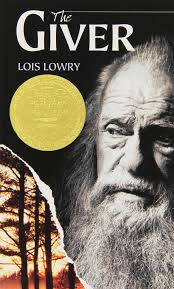
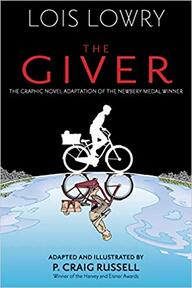
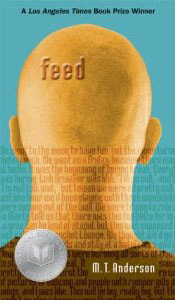
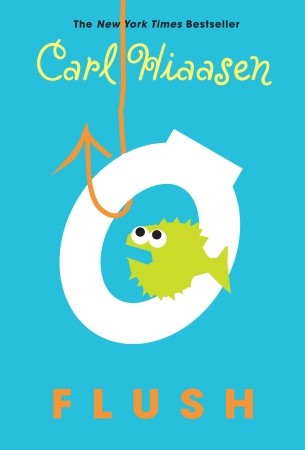
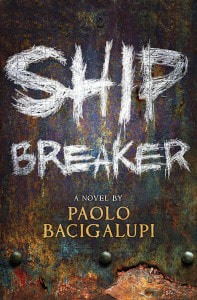
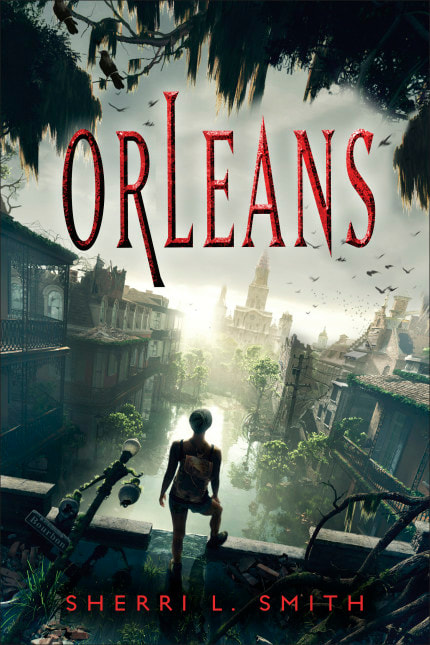
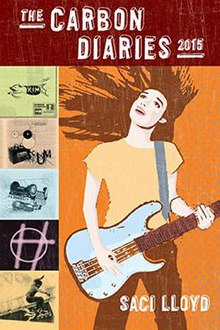

 RSS Feed
RSS Feed